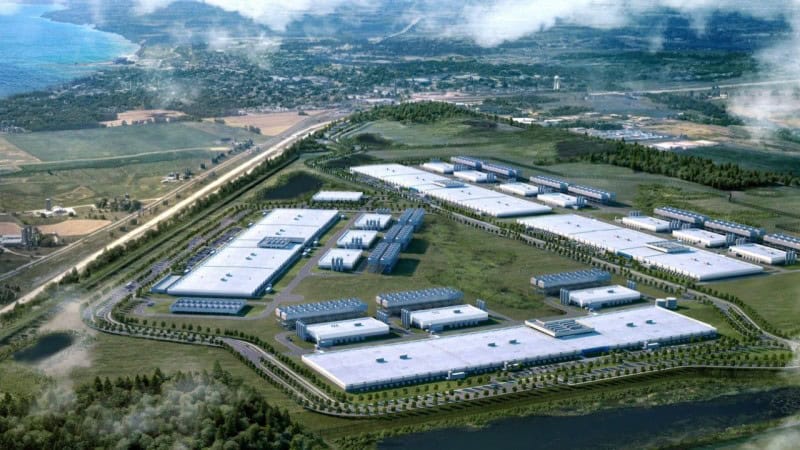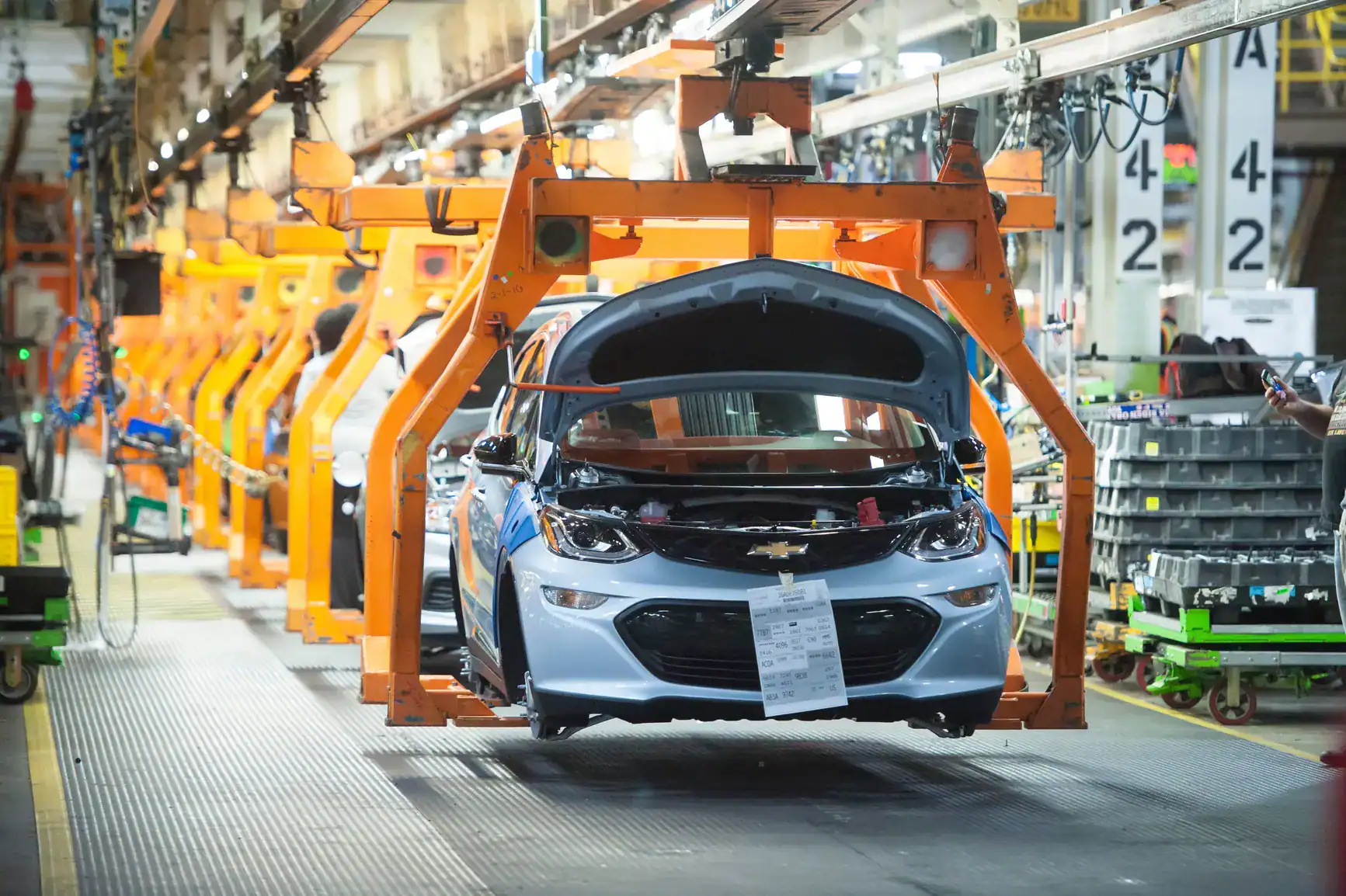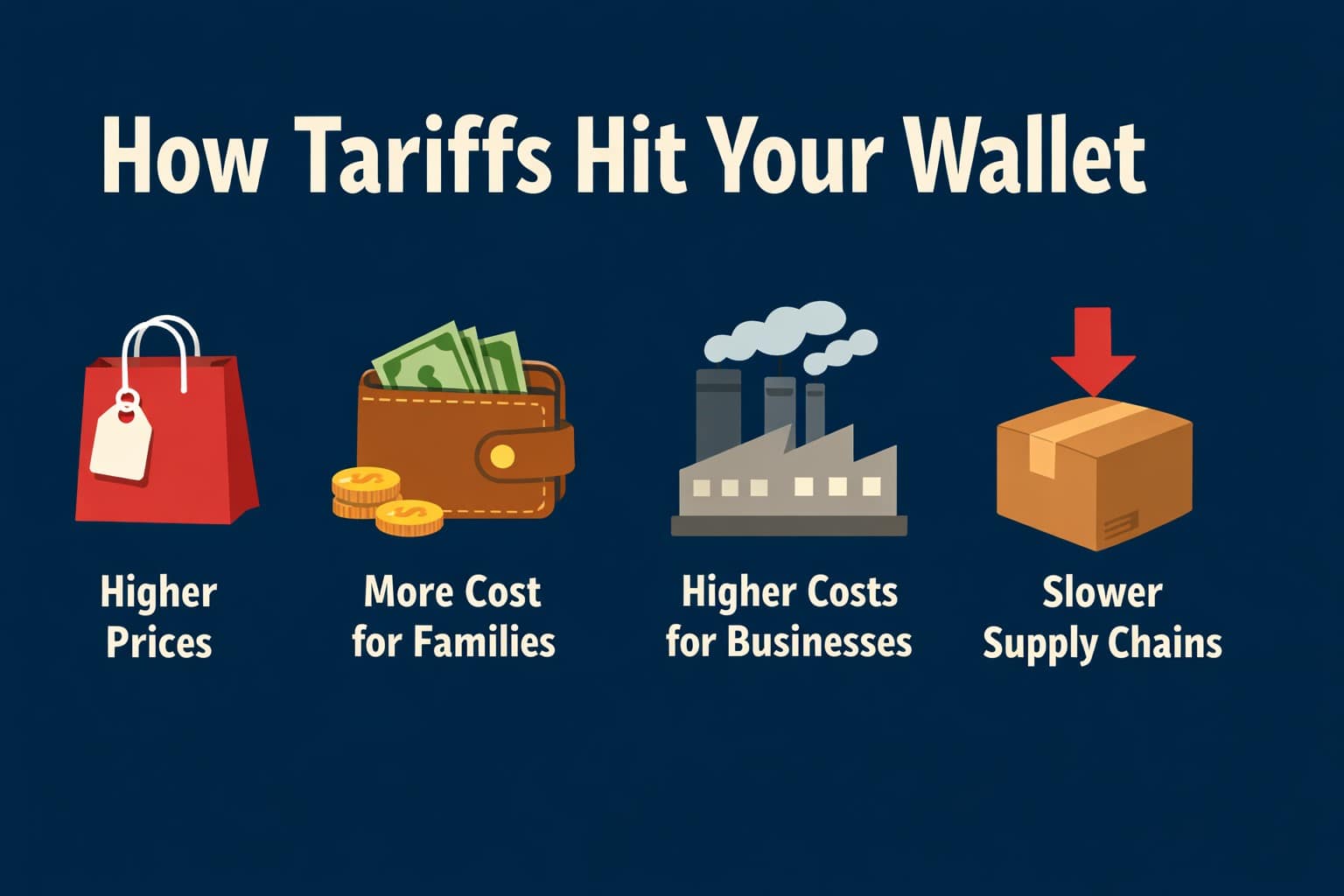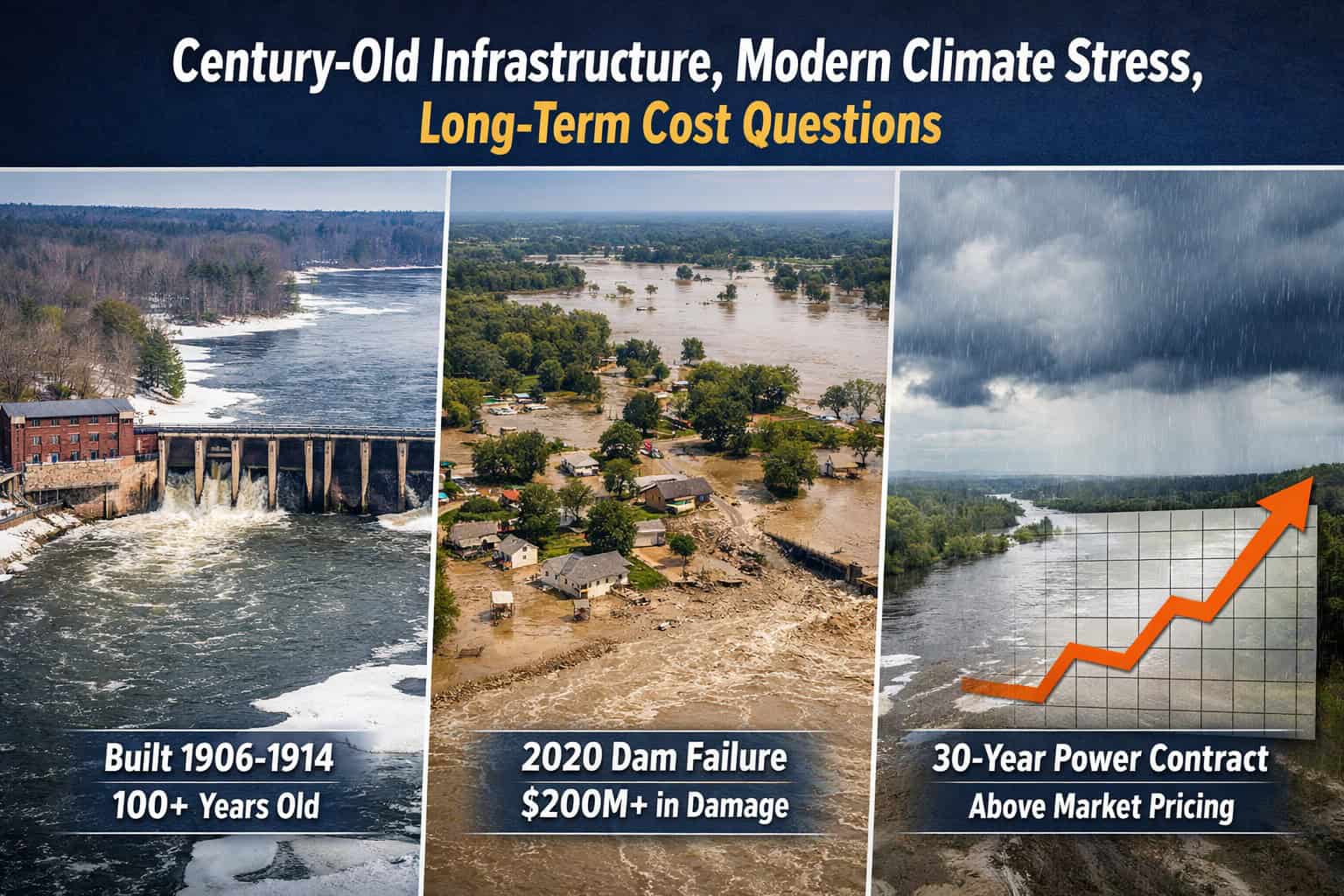DETROIT – Commercial trucks, heavy machinery, generators, and, to a lesser extent, passenger cars will be powered by hydrogen fuel cells that GM and Honda have begun producing. The hydrogen-powered Honda CR-V, which will debut in March 2024 and eventually be offered for sale in limited quantities in California, will employ the fuel-cell modules that the joint venture is building at a facility in Brownstown, Michigan.
Although hydrogen will probably continue to be a niche technology for cars, pickups, and SUVs, it still has a good chance of replacing gas as the preferred fuel for long-distance shipping, heavy-duty tasks, and power generation in the future with zero carbon emissions, just like diesel has done.
GM and Honda are going to join forces for this hydrogen engine
Fuel cells have an advantage over battery-electric cars in businesses where every minute of downtime affects profitability since they have a longer range and can be refueled more quickly. Proponents think fuel cells may offer a competitive alternative to the diesel engines that power a large portion of the contemporary economy if a relatively small, well-located network of hydrogen filling stations were established. For now, the GM-Honda joint venture, simply known as Fuel Cell Systems Manufacturing LLC, produces only one product: a hydrogen fuel-cell module with a capacity of 77 kilowatts, or 103 horsepower, and roughly the size of a four-cylinder engine.
Higher power requirements, likepowering generators or big vehicles, can be met by combining multiple units. Importantly, the two businesses assert that the new fuel cell module costs a third of what the 2019 Honda Clarity Fuel Cell’s system does. Both Honda and GM’s Hydrotec subsidiary purchase FCSM’s fuel cells, which they either use in their final products or resell to other businesses. In 2025, Honda plans to sell 2,000 of the new fuel cells, with roughly 25% of those sold going to the CR-V, which will be constructed at its Performance Manufacturing Center in Ohio.
Additionally, the corporation is pursuing business prospects in stationary power plants, construction equipment, and commercial vehicles. A Class 8 semi truck that Honda and Isuzu are working on together is anticipated to go into production in Japan in 2027, though it’s unclear if FCSM fuel cells would be used in that vehicle. With little interest in incorporating fuel cells into its cars, trucks, or SUVs, GM is adopting a slightly different strategy. Hydrotec will instead market its fuel cells, known as Power Cubes, for use in power generators and heavy machinery. Fuel-cell-powered garbage trucks, dump trucks, cement mixers, roll-off trucks, and terminal tractors could result from a partnership with Autocar.
Liebherr-Aerospace is working on fuel cells to replace turbines in airplanes, while Komatsu is considering using fuel cells in its electrically powered 930e mining truck to replace a 3,500-hp diesel generator. With their hydrogen-powered mobile power generators outfitted with 60-kW DC fast chargers, Hydrotec assisted in charging the EVs at Motor Trend’s SUV of the Year in 2022. The two automakers invested $85 million to build the 70,000-square-foot facility where the FCSM fuel cells are put together on a highly automated line. Honda and GM have been collaborating on hydrogen fuel cells since 2013, even though the joint production operation was formed in 2017. The two businesses have worked together to develop fuel-cell technology for almost a century. Honda has been developing fuel cells for about 40 years, and the first hydrogen-powered car in history was the 1966 GM Electrovan.
Tesla and GM are winning their customers’ loyalty
According to recent research, GM and Tesla are among the companies with the highest customer loyalty in the United States. For the ninth consecutive year and 21st overall, GM was recognized with the honor for “overall loyalty” to a manufacturer, according to the research organization. As the winner of the prize for that segment, the Chevrolet Equinox was the small utility vehicle that had buyers returning. GM, a Detroit automaker, attributes its success to its diverse lineup of vehicles, great customer service, Super Cruise driver assistance technology, and entertainment services. The company’s success is due to its high-quality product teams and loyal dealer network.
This article appeared in LaGrada







